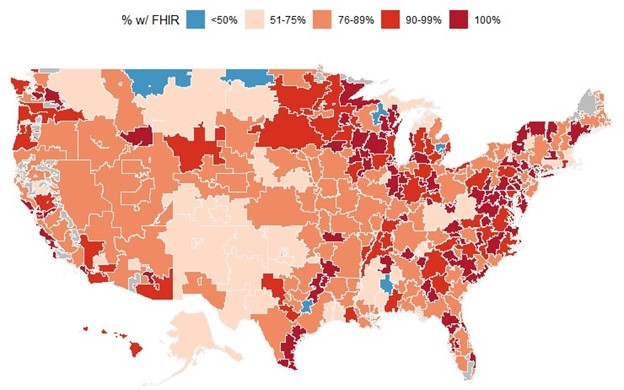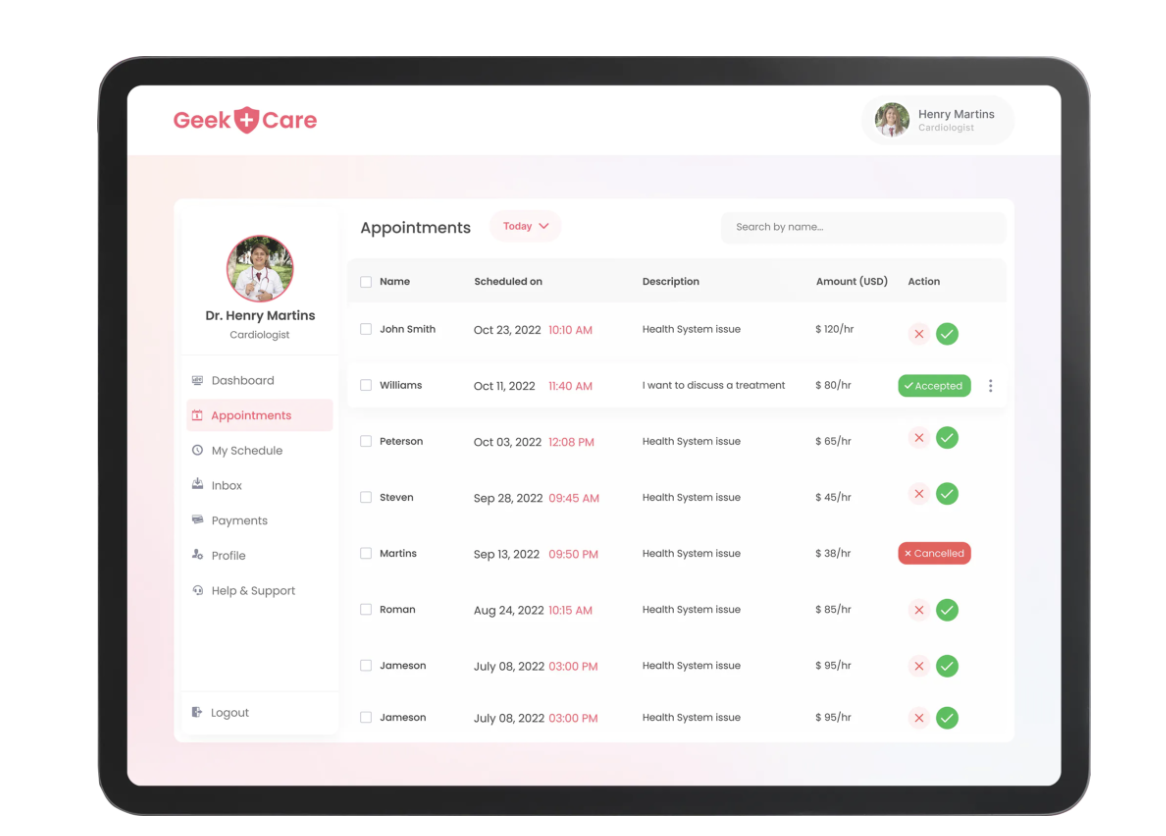Table of Contents
Interoperability in Healthcare
Author

Date

Book a call
Healthcare is undergoing a transformative revolution, and at the heart of this change lies the concept of interoperability. In this blog, we'll explore how interoperability is reshaping the healthcare landscape, making it more efficient and patient-centric.
Why Do We Need Interoperability?
Without interoperability, healthcare faces several challenges:
- Reluctance to Share Information: Early healthcare software providers were slow to share information, creating data silos and hampering collaboration.
- Corporate Monopolization: Large corporations sometimes monopolize health data, making it challenging for patients to switch providers or share their data.
- Lack of Standards: In the early stages of innovation, systems were developed independently, leading to a lack of standardization.
The Advantages of Interoperability
On the flip side, the advantages of interoperability in healthcare are immense:
- Freedom of Choice: Interoperability allows patients and healthcare providers to choose from various vendors, promoting competition and innovation.
- Ease of Migration and Adoption: Standardized systems facilitate easy migration and adoption of new technology, saving both time and money.
- Efficient Data Analysis: Interoperability enables the seamless exchange of data, making it easier to analyze and extract meaningful insights.
Key Standards in Healthcare Interoperability
Several standards play a pivotal role in achieving interoperability:
HL7 (Health Level Seven): HL7 focuses on both communication protocols and data formats. Although it's been around since 1987, it's still widely used for machine-to-machine communication.
FHIR: FHIR (Fast Healthcare Interoperability Resources) is a more recent standard known for its readability and adaptability. It's becoming increasingly popular for exchanging healthcare data.
Note: FHIR is catching up in the US; see how GeekyAnts can help build an app that can put you on the map below.

- CDA (Clinical Document Architecture): CDA is used for sharing clinical documents between patients and healthcare providers.
- LOINC (Logical Observation Identifiers Names and Codes): LOINC standardizes the naming and coding of laboratory tests and observations.
- ICD (International Classification of Diseases): ICD codes are crucial for diagnosing and classifying diseases, aiding insurance processing.
At its core, interoperability in healthcare refers to the ability of computer systems and software to exchange and utilize information effectively. These systems include EMRs, practice management tools, and various healthcare applications. Achieving interoperability in healthcare involves making healthcare data universally accessible, understandable, and actionable, all while maintaining data security and privacy.
Interoperability in Action
Here are some real-world examples of how interoperability is transforming healthcare:
Multi-Center Communication: Imagine a patient receiving care at multiple centers within a hospital network. Interoperability ensures seamless sharing of patient information across all these centers.
Different Software Vendors: When different centers use software from various vendors, interoperability enables these systems to communicate effectively, eliminating the need for multiple adapters.
Patient-Centric Records: Patients can carry their medical records digitally, facilitating care continuity even when traveling abroad.
Provider Collaboration: Doctors can easily share prescriptions and other relevant patient information with pharmacies, labs, and other providers.
Health Information Exchange: National initiatives like ABDL in India promote health information exchange on a larger scale, ensuring data accessibility and security.
Note: GeekCare is the go-to solution for all your healthcare interoperability needs!

The Future of Healthcare: Interoperability
In conclusion, interoperability is ushering in a new era of healthcare. It's breaking down silos, empowering patients, and enabling healthcare providers to deliver more efficient and personalized care. As we continue to embrace interoperability standards like FHIR, the future of healthcare looks brighter than ever, with a promise of better outcomes and improved patient experiences.
Stay tuned for more insights on the transformative power of interoperability in healthcare.
Watch the full healthcare meetup here ⬇️





